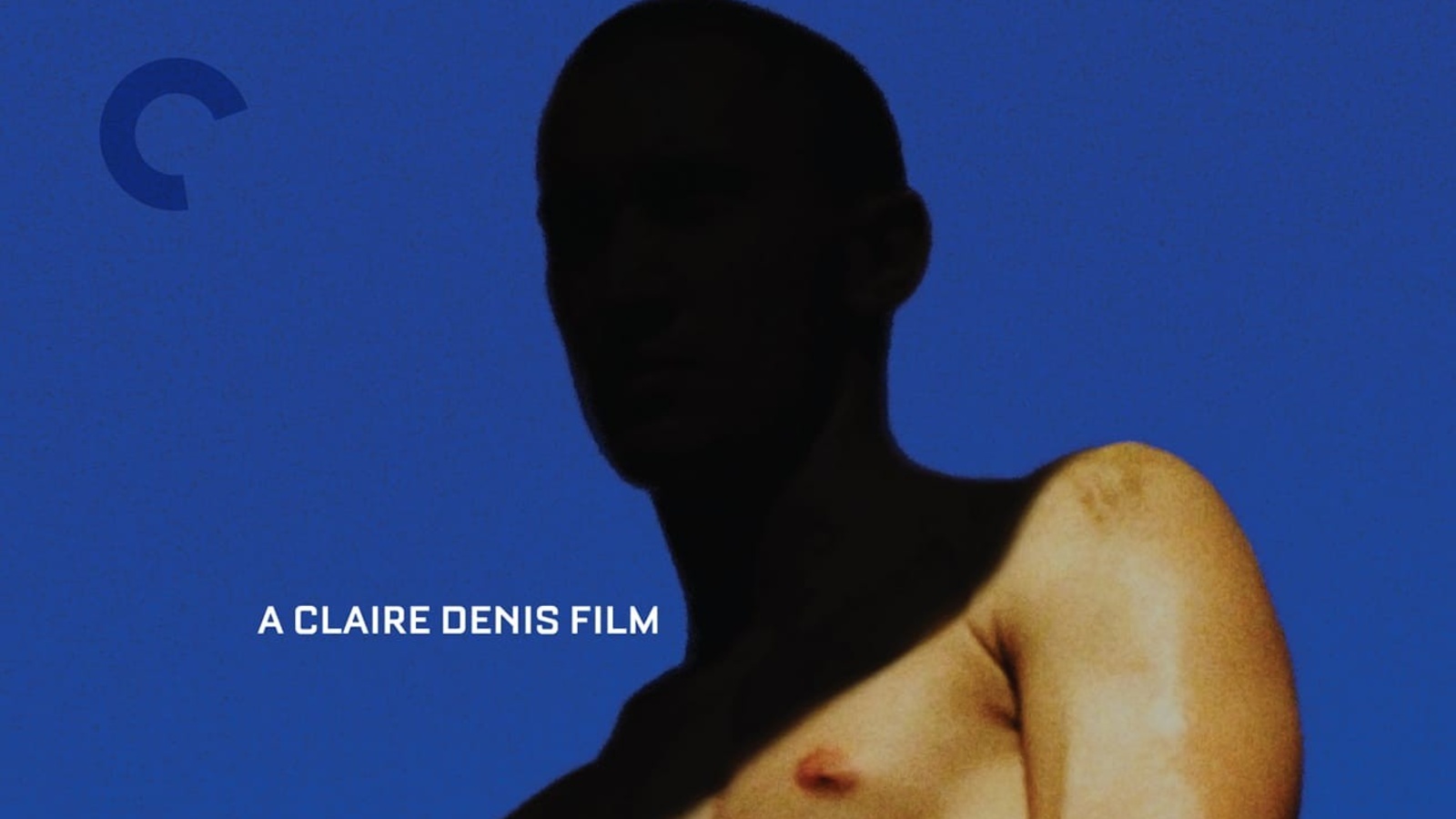The September 2020 lineup of The Criterion Collection has been unveiled, and it’s a packed one. Leading the list is Claire Denis’s masterpiece Beau travail, which has finally received a new 4K digital restoration and features a conversation between the director and Barry Jenkins, and much more.
The third edition of Martin Scorsese’s World Cinema Project is also getting a release, featuring films from Brazil (Pixote), Cuba (Lucía), Indonesia (After the Curfew), Iran (Downpour), Mauritania (Soleil Ô), and Mexico (Dos monjes). David Lynch’s second feature The Elephant Man will get the Criterion treatment as well with a new 4K restoration, plus a special feature lineup featuring Lynch and critic Kristine McKenna reading from their book Room to Dream.
The full-length, four-hour restored cut of Francesco Rosi’s Christ Stopped at Eboli will also be arriving in September. Lastly, a pair of crime drama classics from Jules Dassin are getting Blu-ray upgrades: Brute Force and The Naked City.
Check out the covers below and see more on the official site.
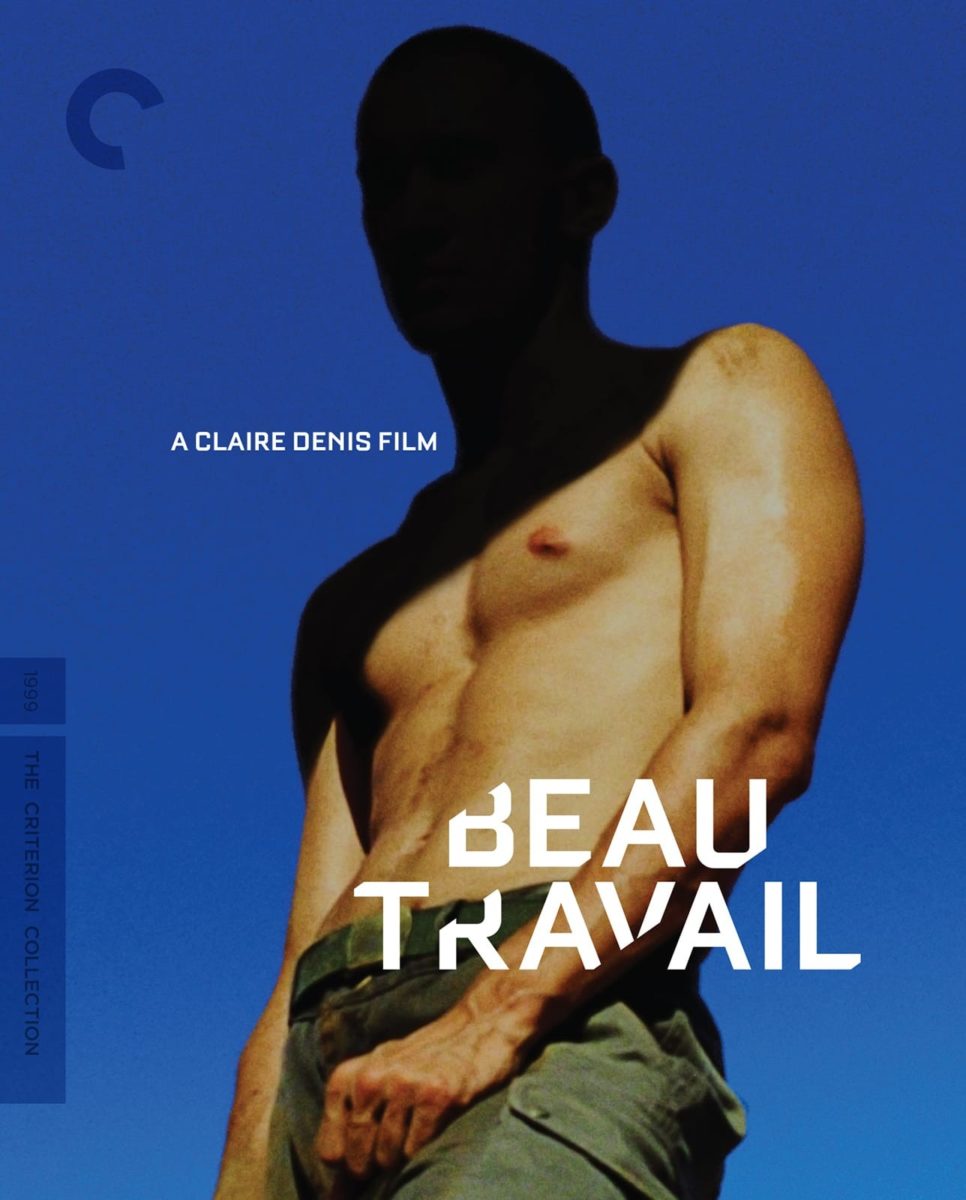
- New 4K digital restoration, supervised by director of photography Agnès Godard and approved by director Claire Denis, with uncompressed stereo soundtrack on the Blu-ray
- New conversation between Denis and filmmaker Barry Jenkins
- New selected scene commentary with Godard
- New interviews with actors Denis Lavant and Grégoire Colin
- New video essay by film scholar Judith Mayne
- New English subtitle translation
- PLUS: An essay by critic Girish Shambu
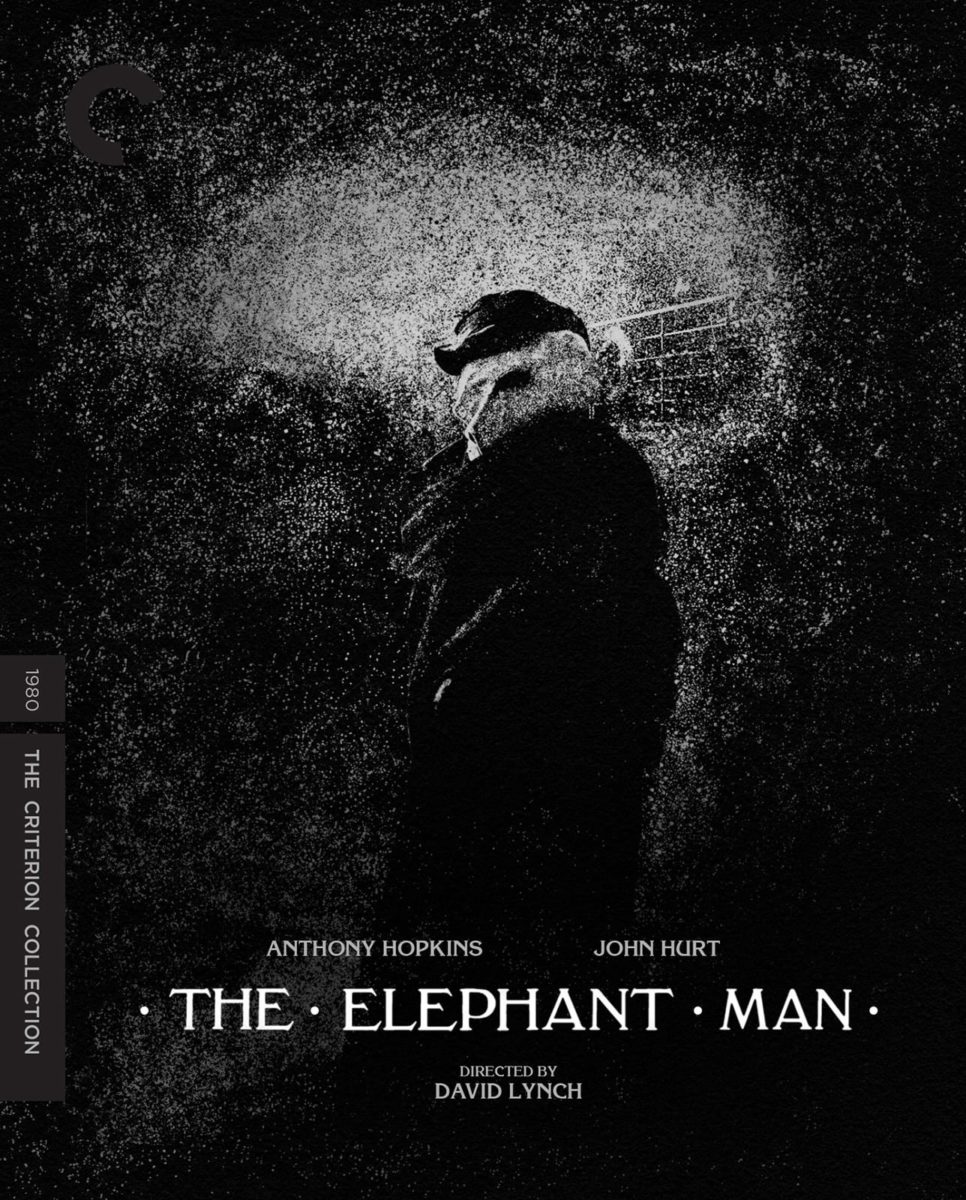
- New 4K digital restoration, with uncompressed stereo soundtrack on the Blu-ray
- Director David Lynch and critic Kristine McKenna reading from Room to Dream, a 2018 book they coauthored
- Archival interviews with Lynch, actor John Hurt, producers Mel Brooks and Jonathan Sanger, director of photography Freddie Francis, stills photographer Frank Connor, and makeup artist Christopher Tucker
- Audio recording from 1981 of an interview and Q&A with Lynch at the American Film Institute
- The Terrible Elephant Man Revealed, a 2001 documentary about the film
- Trailer and radio spots
- English subtitles for the deaf and hard of hearing
- More!
- PLUS: A booklet featuring excerpts from an interview with Lynch from the 2005 edition of filmmaker and writer Chris Rodley’s book Lynch on Lynch, and an 1886 letter to the editor of the London Times concerning Joseph Merrick, the “elephant man,” by Francis Culling Carr Gomm, chairman of the London Hospital at the time

- Lucía: A breathtaking vision of Cuban revolutionary history wrought with white-hot intensity by Humberto Solás, this operatic epic tells the story of a changing country through the eyes of three women, each named Lucía. In 1895, she is a tragic noblewoman who inadvertently betrays her country for love during the war of independence. In 1932, she is the daughter of a bourgeois family drawn into the workers’ uprising against the dictatorship of Gerardo Machado. And in the postrevolutionary 1960s, she is a newlywed farm girl fighting against patriarchal oppression. A formally dazzling landmark of postcolonial cinema, Lucía is both a senses-stunning visual experience and a fiercely feminist portrait of a society journeying toward liberation.
- After the Curfew: This work by the trailblazing auteur Usmar Ismail struck Indonesian cinema like a bolt of lightning, illuminating on-screen, for the first time and with unflinching realism, the struggles of Indonesian society after the country gained its independence from the Netherlands. Giving voice to the frustrated dreams of a nation, After the Curfew follows the descent into disillusionment of Iskandar (A. N. Alcaff), a former freedom fighter who is unable to readjust to civilian life following the revolution that ended centuries of colonial rule. When he discovers that the ideals he fought for have been betrayed by a corrupt former commander, Iskandar is pushed to the breaking point. Steeped in the moody atmospherics and simmering psychological tension of film noir, this clear-eyed postcolonial tragedy paints a dark-edged portrait of a country no longer at war but still fighting for its soul.
- Pixote: With its bracing blend of harsh realism and aching humanity, Héctor Babenco offers an electrifying look at lost youth fighting to survive on the bottom rung of Brazilian society that helped put the country’s cinema on the international map. Shot with documentary-like immediacy on the streets of São Paulo and Rio de Janeiro, Pixote follows the eponymous preteen runaway (the heartbreaking Fernando Ramos da Silva) as he escapes a nightmarish juvenile detention center, only to descend into a life of increasingly violent crime even as he finds himself part of a makeshift family of fellow outcasts. Balancing its shocking brutality with moments of disarming tenderness, this stunning journey through Brazil’s underworld is an unforgettable cry from the lower depths that has influenced multiple generations of American filmmakers, including Spike Lee, Harmony Korine, and the Safdie brothers.
- Dos monjes: Made in the early days of Mexican sound cinema, this vividly stylized melodrama hinges on an audacious, ahead-of-its-time flashback structure. When the ailing monk Javier recognizes a brother newly arrived at his cloister, he inexplicably becomes deranged and attacks him. What causes his madness? Director Juan Bustillo Oro recounts the two men’s shared past—a tragic rivalry over the love of a woman—twice, once from the point of view of each, heightening the contrasts between their accounts with visual flourishes drawn from the language of German expressionism. With its gothic sets, elaborate lighting, and daring camera work by avant-garde photographer Agustín Jiménez, Dos monjes is a broodingly intense outlier in Mexican cinema, plumbing the depths of psychological torment and existential mystery with experimental verve.
- Soleil Ô: A furious cry of resistance against racist oppression, the debut from Mauritanian director Med Hondo is a bitterly funny, stylistically explosive attack on Western capitalism and the lingering legacy of colonialism. Laced with deadly irony and righteous anger, Soleil Ô follows a starry-eyed immigrant (Robert Liensol) as he leaves West Africa and journeys to Paris in search of a job, a community, and intellectual engagement—but soon discovers a hostile society where his very presence engenders fear and resentment. Drawing on the freewheeling experimentation of the French New Wave, Hondo deploys a dizzying array of narrative and stylistic techniques—animation, docudrama, dream sequences, musical numbers, folklore, slapstick comedy, agitprop—to create a revolutionary landmark of political cinema and a shattering vision of awakening black consciousness.
- Downpour: Defined by a brash stylistic exuberance and a vivid way of looking at everyday life in prerevolution Iran, this first feature from the renowned Bahram Beyzaie helped usher in the Iranian New Wave. When he takes a job as a schoolteacher in a new neighborhood, the hapless intellectual Hekmati (Parviz Fannizadeh) finds that he is a fish out of water in a place where everybody’s business—including his tentative flirtation with an engaged seamstress (Parvaneh Massoumi)—is subject to the prying eyes of adults and children alike. Shot in luminous monochrome and edited with quicksilver invention, this touchstone work, which has been painstakingly restored from the only known surviving print, captures with puckish humor and great human tenderness the societal and intellectual conflicts coursing through Iran at a pivotal historical moment.
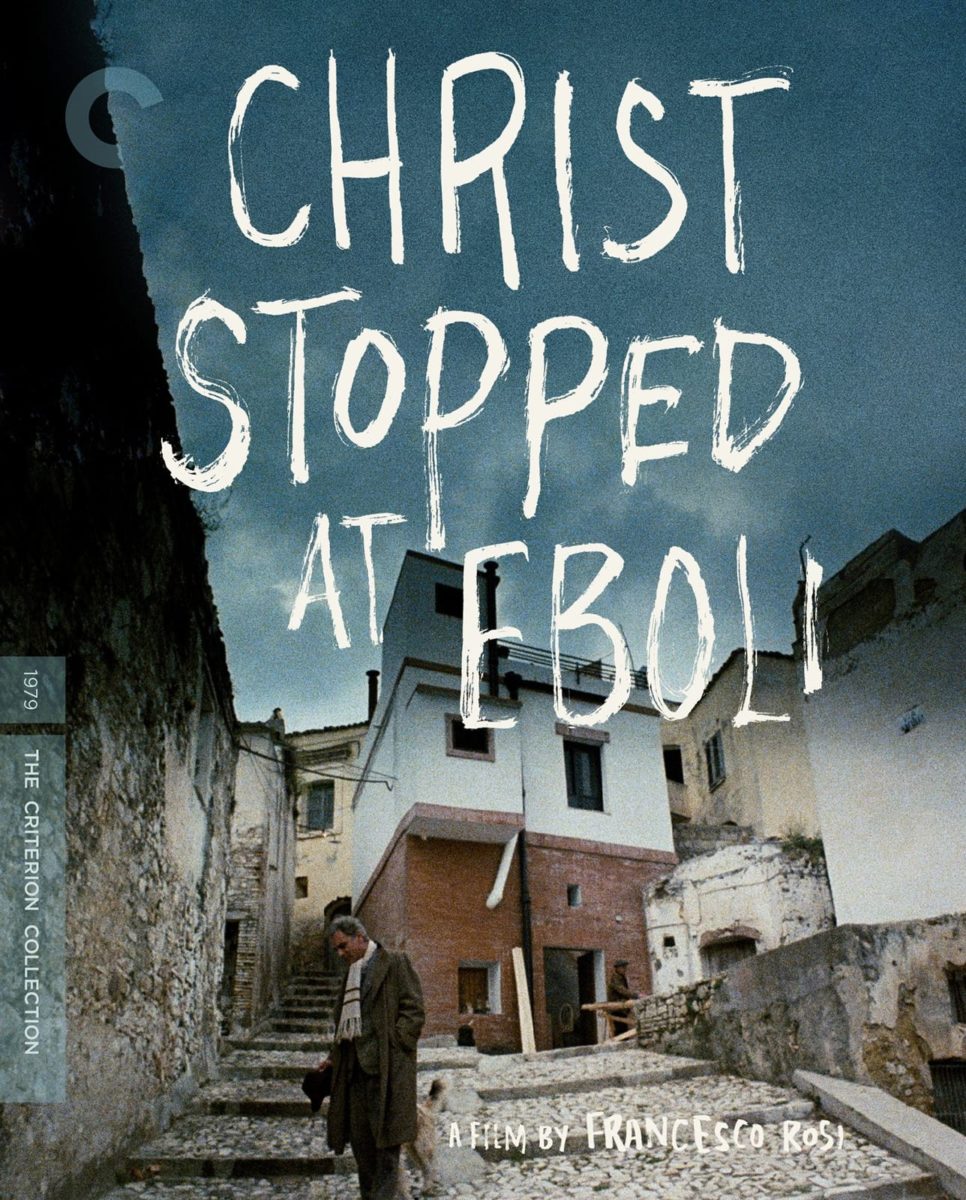
- New 2K digital restoration, with uncompressed monaural soundtrack on the Blu-ray
- New introduction by translator and author Michael F. Moore
- Documentary from 1978 on Italian political cinema, featuring director Francesco Rosi and actor Gian Maria Volontè
- Excerpt from a 1974 documentary featuring Rosi and author Carlo Levi
- Excerpt from Marco Spagnoli’s short 2014 documentary Unico, in which Rosi discusses Volontè
- Trailer
- New English subtitle translation by Moore
- PLUS: A booklet featuring an essay by scholar Alexander Stille and a 1979 director’s statement by Rosi
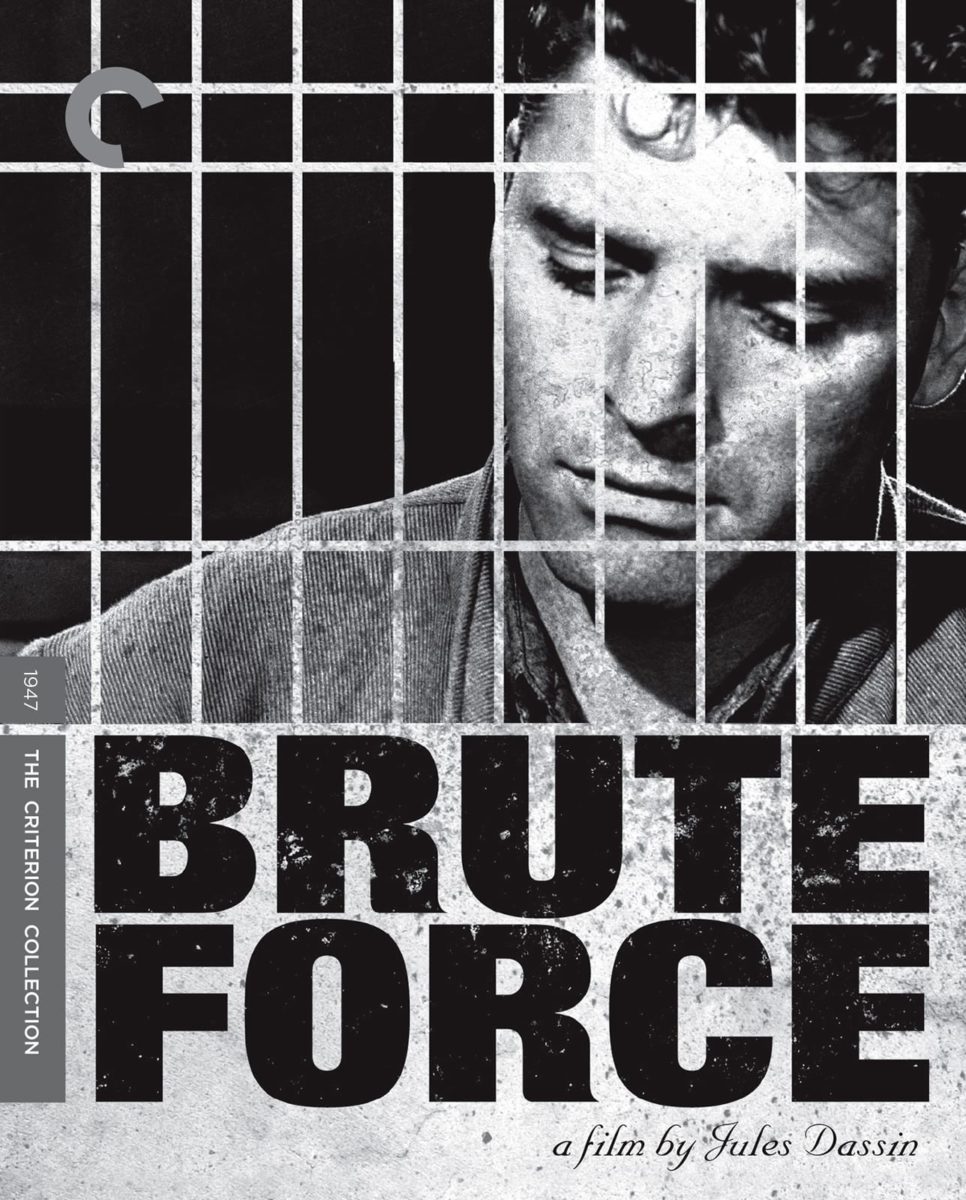
- On the Blu-ray: New 4K digital restoration by TLEFilms FIlm Restoration & Preservation Services, with uncompressed monaural soundtrack
- On the DVD: New, restored high-definition digital transfer
- Audio commentary from 2007 featuring film-noir specialists Alain Silver and James Ursini
- Interview from 2007 with Paul Mason, editor of Captured by the Media: Prison Discourse in Popular Culture
- Program from 2017 on Brute Force’s array of acting styles featuring film scholar David Bordwell (Blu-ray only)
- Trailer
- Stills gallery
- English subtitles for the deaf and hard of hearing
- PLUS: An essay by film critic Michael Atkinson, a 1947 profile of producer Mark Hellinger, and rare correspondence between Hellinger and Production Code administrator Joseph Breen over the film’s content
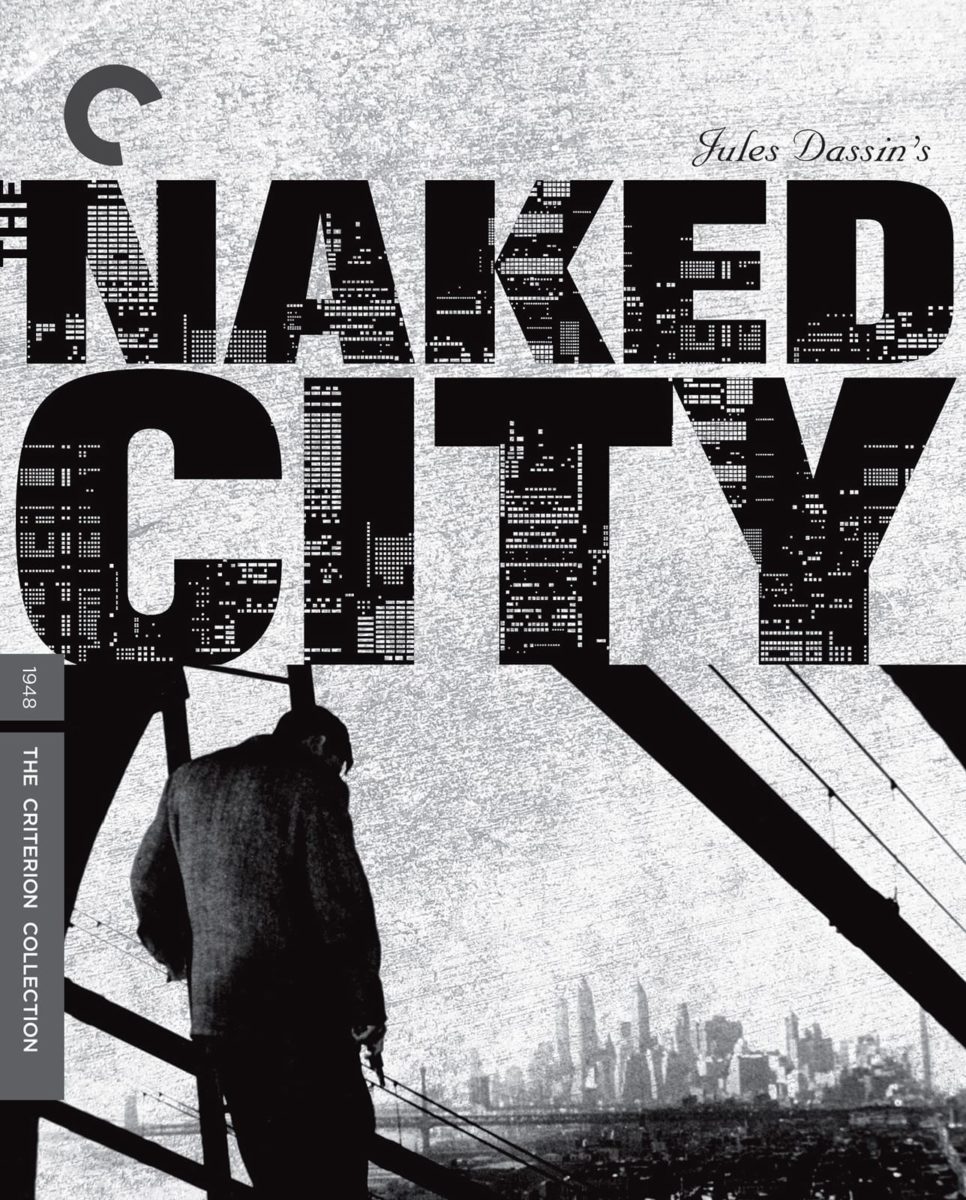
- On the Blu-ray: New 4K digital restoration by TLEFilms FIlm Restoration & Preservation Services, with uncompressed monaural soundtrack
- On the DVD: Restored high-definition digital transfer
- Audio commentary from 1996 featuring screenwriter Malvin Wald
- Interview from 2006 with film scholar Dana Polan
- Interview from 2006 with author James Sanders (Celluloid Skyline) on the film’s New York locations
- Footage of director Jules Dassin from a 2004 appearance at the Los Angeles County Museum of Art
- Stills gallery
- English subtitles for the deaf and hard of hearing
- PLUS: An essay by author and critic Luc Sante and production notes from producer Mark Hellinger to Dassin

